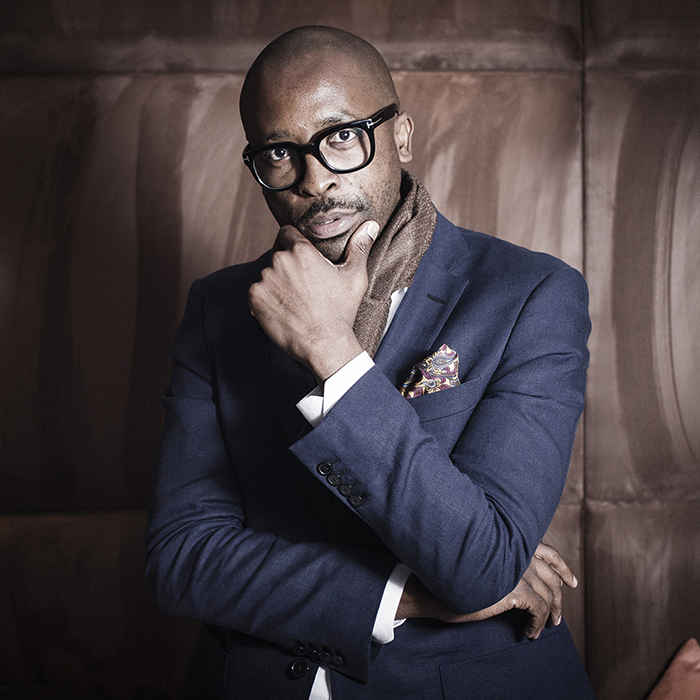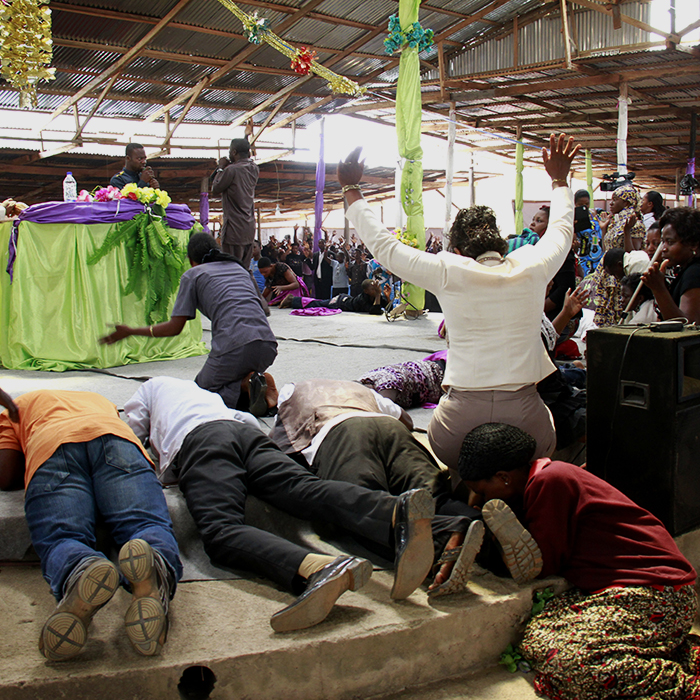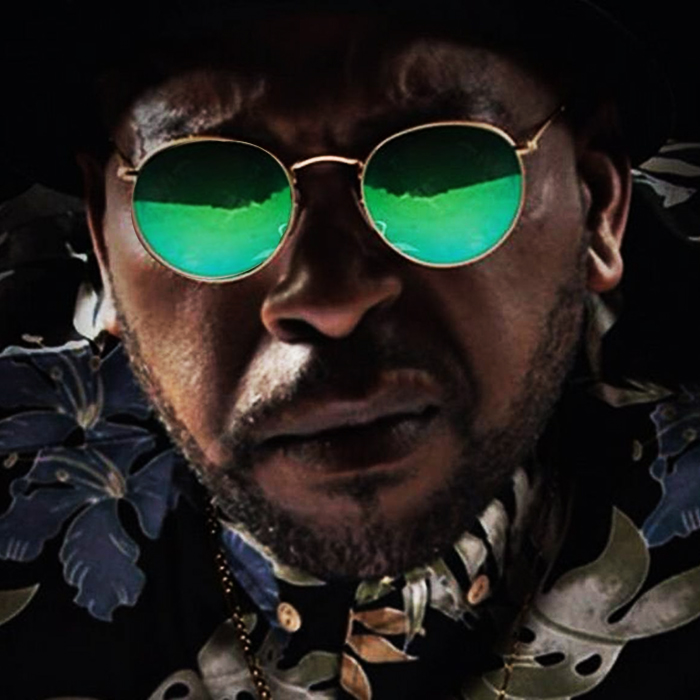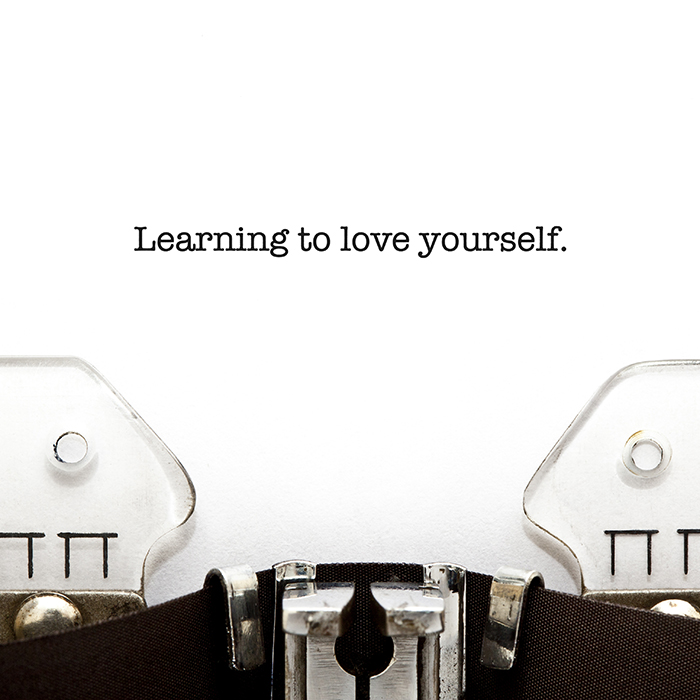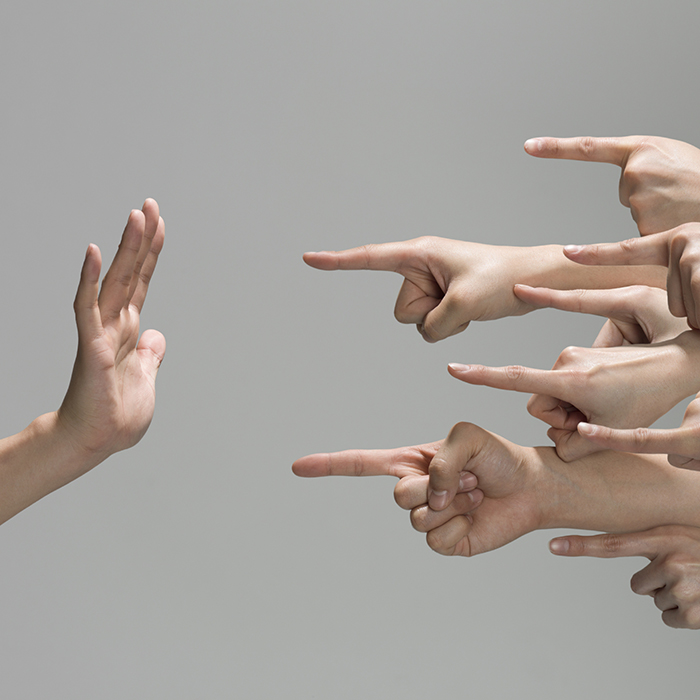In the world of business and commerce, there’s a phrase that’s often used when it comes to assessing the failure or success of a company or enterprise: numbers don’t lie. My layman’s understanding of that is this: you can give all the explanations and press conferences you want to explain situations away when things go south but, if the spreadsheets say you lost money, you probably lost money.
For the last couple of years, Samsung has been a major player in the mobile space and they have gone all out – creating phone models, immediately followed by ‘Mini’, ‘Active’ and ‘Plus’ versions of those phones as a way of saturating the market with their products and making sure all buyer groups are taken care of, thus aiming to cement their place at the top of the food chain. Very few would question that it was the launch of the original Galaxy S, in March 2010, that catapulted Samsung onto the scene as a serious mobile hard-hitter in recent times. However, though hugely popular, the Galaxy S was dismissed by many as nothing more than an attempt to copy the iPhone. In 2012, the Galaxy S3 came out and was able to shake off any ‘iPhone wannabe’ criticism as it took a totally different design direction, both in terms of hardware and software. To this day, it is still widely believed that the S3 is the best phone Samsung ever came out with.
Enter 2015 and the sixth generation member of the Galaxy S family has come to town. It does so on the back of Samsung’s mobile division having seen its yearly profit fall by over 40 percent over the course of 2014. To be blunt, after getting lukewarm reception for its S4 and S5 releases, the S6 had to be big. And boy is it a design overhaul! Here are the standout features of Samsung’s new flagship in all its glory:
- 5.1″ QHD (1440 x 2560) resolution Super AMOLED screen, a staggering 577 pixels per inch
- Screen made of Corning Gorilla Glass 4 technology
- Premium glass and metal design. Goodbye plastic
- Octa core (read: very fast) processor, 3GB of RAM
- 2,550mAh battery
- Android 5.0.2 Lollipop with Samsung’s own software skin, TouchWiz
- 16MP camera capable of 4K video recording, LED flash, optical image stabilization (OIS)
- 5MP front-facing camera capable of 1080p video recording
- Built-in storage (32/64/128 GB). No expandable storage
- Wireless charging
- Fingerprint scanner
- Heart-rate sensor
With all these goodies on board, it’s pretty obvious that the S6 is built for the kill.
What’s to like about the S6? Those that like it say: thank you for finally getting rid of the cheap, plasticky feel. Plastic never belonged on a flagship phone to begin with. The screen is amazing and the 577 ppi QHD resolution screen is to die for. The pared-down TouchWiz is definitely a plus and will give users room to experience Android more than before when it was drowned in Samsung ‘bloatware’.
What’s not so cool about the S6? The loss of expandable storage in the form of a microSD slot is something many users may lament, especially because premiums for upgrading memory may be quite high for consumers. Water and dust protection are also out the window this time round. There are some murmurings that elements of the new phone’s design – namely the glass and metal design – are imitations of the Apple’s and Sony’s top tier phones. It looks like the rivalry between Apple and Samsung is a long way from over and the two won’t be playing nice anytime soon.
So, what is your view? Is the Samsung Galaxy S6 a huge design breakthrough and a show of guts and innovation from Samsung? Or is it another attempt to copy other phone makers in a desperate attempt to claw their way to the top after a dismal 2014?
We’d love to hear your thoughts. Please drop a comment in the box below.
Looking for a full-length, detailed review? Check this out.

